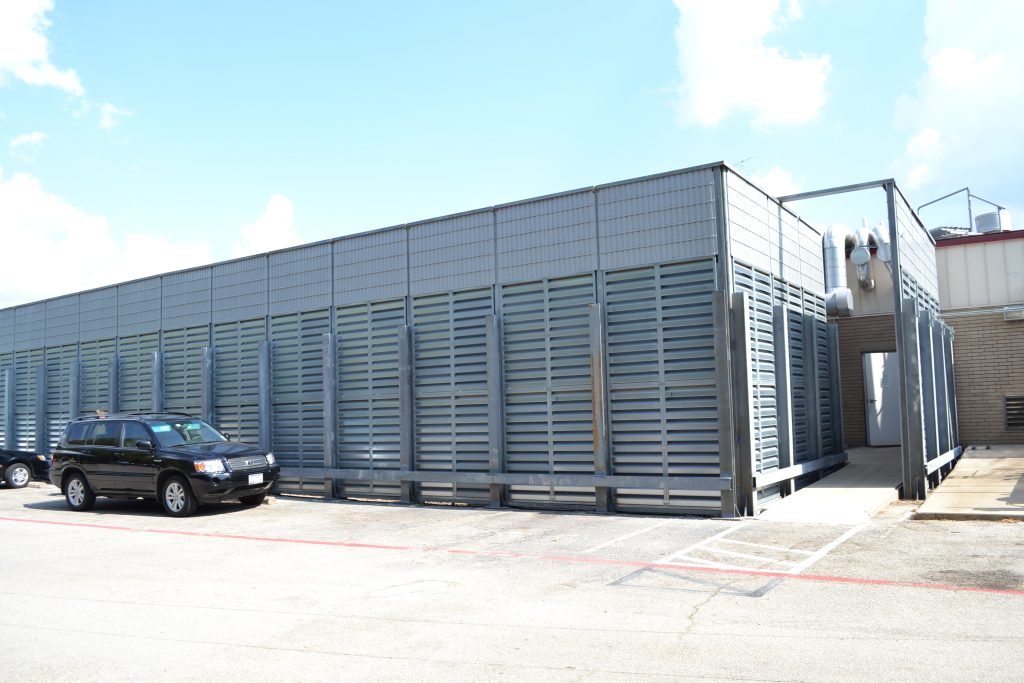Sound barriers in Singapore are effective in a variety of situations to protect against noise pollution. They can be used to protect against noise from traffic, industry, and other sources. Sound barriers can also be used to protect against noise in residential areas.
But where else should sound barriers be used? Let’s take a look.
In noisy environments
In noisy environments, sound barriers should be used to protect people from exposure to loud noises. Sound barriers can be placed around areas where there is a lot of noise, such as construction sites, factories, and airports. By doing this, it will help to reduce the amount of noise that people are exposed to and protect their hearing.
In suburban areas
There are a few different places where sound barriers should be used in suburban areas. One place is along busy roads. This will help to reduce the noise from traffic for residents who live nearby. Another place is near schools. This will help to reduce the noise from recess and PE classes for nearby residents. Finally, sound barriers can also be used in commercial areas, such as shopping centres and restaurants. This will help to reduce the noise from these businesses for nearby residents.
In industrial areas
Sound barriers are effective at reducing noise pollution in industrial areas. They should be used around the perimeter of the property, as well as along any roads or railways that pass through the area. By doing so, the noise from the industrial area will be significantly reduced, making it more pleasant for those who live and work nearby.
Construction noise can be a nuisance for people living near construction sites. In order to protect against this noise, sound barriers should be used. Sound barriers can be made of various materials, such as concrete, metal, or even vegetation. The most effective sound barriers are those that are tall and dense.
Sound barriers as a means to manage noise
Sound barriers are an effective way to protect against noise pollution. They should be used in areas where there is a lot of noise pollution, such as near highways or airports. Sound barriers can also be used in residential areas to protect against noise from neighbours or traffic.
So where should sound barriers be used? The best place for a sound barrier is between the source of the noise (the road) and your home. Sound barriers can also be used along the sides of roads to reduce noise for nearby homes and businesses.
In a nutshell
Sound barriers in Singapore are designed to reflect or absorb sound. They can be made of different materials, such as concrete, brick, or metal. When used properly, sound barriers can significantly reduce traffic noise.
Sound barriers are effective in a variety of situations to protect against noise pollution. They can be used to protect against noise from traffic, industry, and other sources. Sound barriers can also be used to protect against noise in residential areas.
Noise pollution is a huge problem in our world today. It’s been linked to a variety of health problems, from hearing loss to cardiovascular disease. And it’s not just our physical health that’s affected by noise pollution. It can also impact our mental health, causing anxiety and stress. That’s why it’s so important to find ways to reduce noise pollution. One way to do this is by using sound barriers.
You may also like
-
Which fragrance ingredients create the longest-lasting scents?
-
A Beginner’s Guide to Safe and Effective Excavation and Drainage Services
-
What Does a Zoho Implementation Partner Do? A Complete Guide for Business Owners
-
How to Minimize Living Trust Fees in Nevada Without Sacrificing Protection
-
What benefits come from renting snapchat agency accounts?

